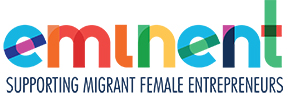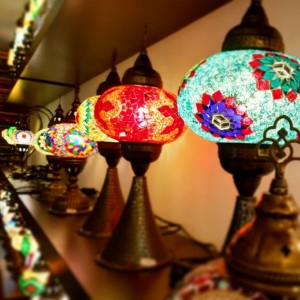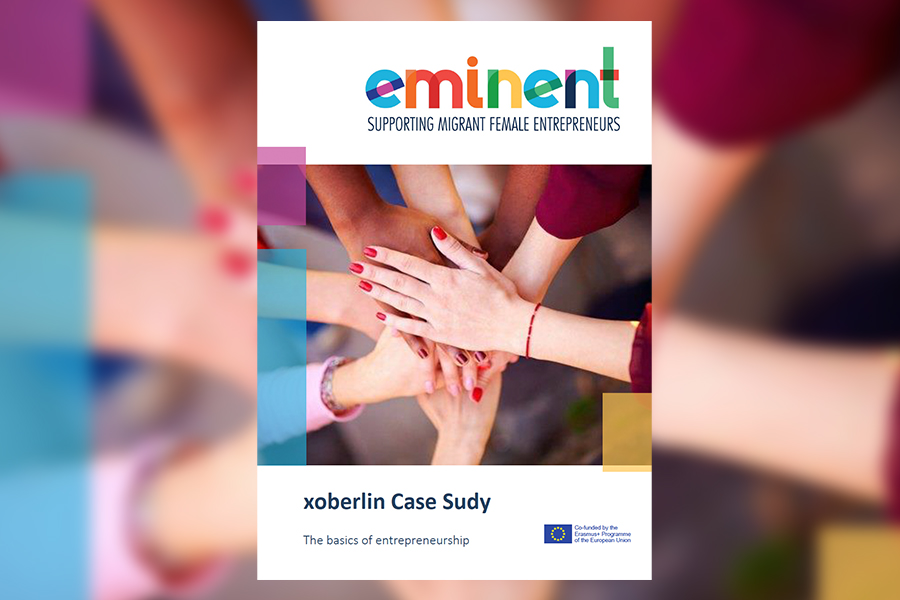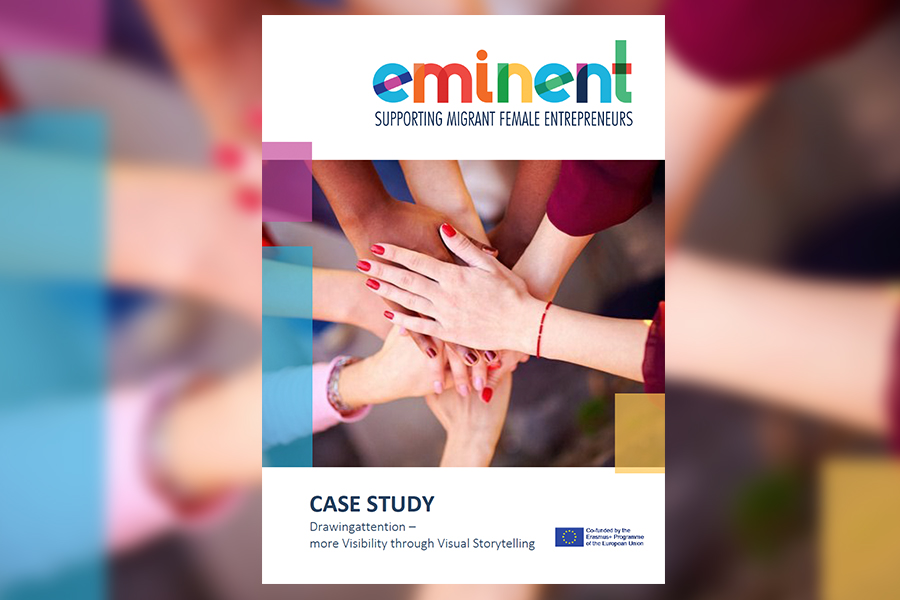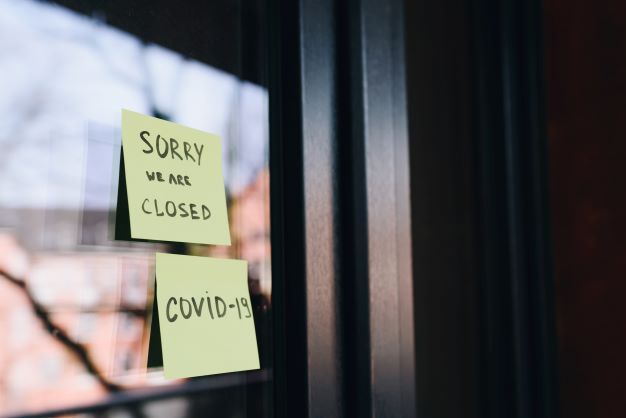Entrepreneurship, where are the female migrants? Well, they are out there. In some places you have to find them with a looking-glass, and some places, they seem to run half the businesses of the city. Female migrants have tons of ideas for starting their business, all the motivation and eagerness, but why don’t we see more of their businesses successfully getting off the ground? It turns out this differs per country. In Ireland, 6,5% of the entrepreneurs are female (The Alison Rose Report, 2019). In Germany, this is 3%. In the Netherlands, where I work, (for a public school in vocational education, in the northern part of the Netherlands), it is 8,5% . There are lots of ways for (female migrant) starting entrepreneurs to get their business idea kick-started. In fact, there are so many roads to entrepreneurship in the Netherlands, and they pop up and disappear again so quickly, that it’s easy to get lost in the forest of possibilities and rules. These possibilities might seem attractive, but once you get tangled up in Dutch bureaucracy, there is no way out! Rules, permits, certification, finance, it is no easy job to get your business plan out there in the real world. So how does it work in this tiny country near the sea? Of course everyone finds their own way and writes their own story, but what often seems to be a key factor in success are projects. Projects and local funding are the way this works. What kind of funding is used for this? It can come from anywhere. National funding from programmes set up by the Ministry of Economic Affairs, European funding for educational projects, local funding to help migrants with their integration process, entrepreneurship organisations kick-starting a snowball effect and so on. Finding the right info and finding the right starting place in your own city can be very tricky. You will have to knock on many doors before finding the right one. The Dutch are nonetheless known for their trading mentality and direct way of speaking, so if you can find a way into this system, there seem to be many roads to success. For (female) migrants and everyone that is interested in entrepreneurship, this can prove to be very interesting. In the bigger cities, there are often local networks of (migrant/expat) women/female entrepreneurs, combined with social neighbourhood centres or teams, where they run small programmes to help you get started. The local government might be able to help you get started, if you already have a solid business idea. There are special projects (often at city level) aimed at enhancing entrepreneurship for people on social benefits. Some projects are more general, just giving an introduction to what it’s like to start a business, whilst others are more focused on helping entrepreneurs at the start-up and growth stages. In these interventions you receive personal advice and training, a funding option for your plan (attached to conditions of course), options for further courses and assistance in obtaining required permits. Although this all sounds encouraging, it is a big challenge to start your own business. The government or other projects will help you to get started, but you want to be an independent entrepreneur. That means having your own network, being financially independent, organising your own marketing & communication and keeping up with innovation within your field of work. How do female migrants in the Netherlands think about all this? I asked a few questions, and this is some of the advice they have: Jahoud, from Syria, runs a successful store in beautiful living accessories together with her family:
“Don’t be afraid language will be an issue, because you will figure it out over time. Make sure you have a solid business plan, and if it doesn’t work? Just try something else.” The main advice: just go for it! With all these steps you have to take, the EMINENT project can come to your help. A solid overview of all steps and actions needed to start a business and keep it running successfully, and an online curriculum to train yourself along the way. Check our website for more information and find our overview of female migrant entrepreneurship in four European countries already online for you to download and review. |
